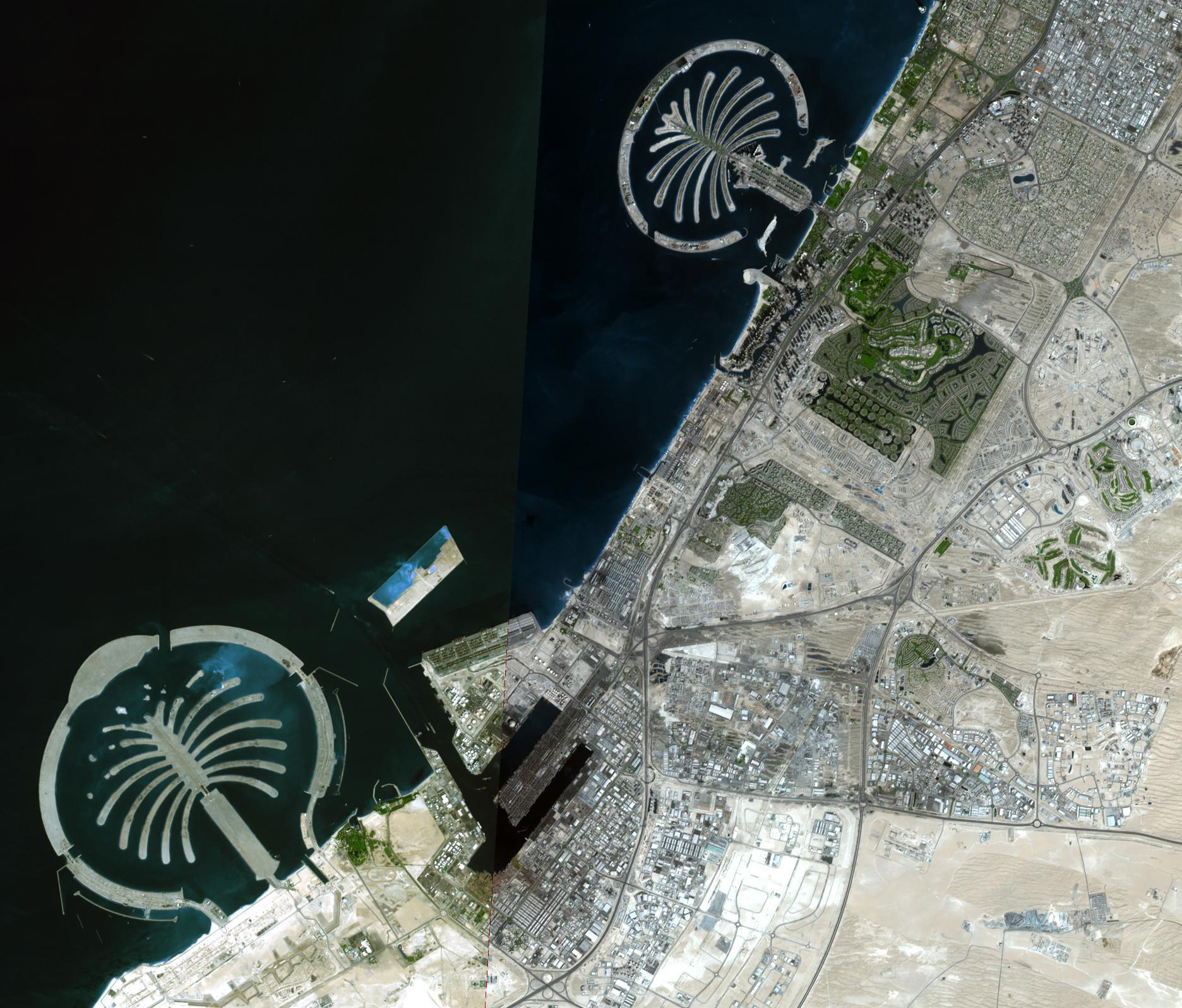
29 Jun Small Nations Are Boldly Staking Claims in the Unfolding Space Economy (via Fast Company)
Steven Melendez from Fast Company writes about Luxembourg and the United Arab Emirates wanting “their piece of pie in the sky.” We think both nations are well on their way to getting very generous pieces of that pie! We encourage you to read Mr. Melendez’s article, which is reproduced below. You can also read it as originally posted here.
The nations of the world are chomping at the bit over the unfolding space economy, from ever-more satellite launches to tourism and mining. And it’s not just the major powers, like the U.S., Russia, and China—smaller countries like Luxembourg and the United Arab Emirates also want their piece of the pie in the sky.
Space programs run by private companies in the smaller locales are not only a source of national prestige but a way to attract skilled, multinational employers with potential global-changing futures.
“We’re talking about what will be the foundational business of the future of the earth economy in space—something that can literally scale to astronomical levels,” says Chris Lewicki, CEO of space mining startup Planetary Resources.
The company received a 25 million euro grant and investment package from the Luxembourg government and a state-owned bank last year. A major rival, Deep Space Industries, also has plans to work with the country on harnessing natural resources from space. Both Planetary Resources and Deep Space Industries have established subsidiaries in Luxembourg and will start contributing to the promotion of the local space industry by developing several key activities exclusively in Luxembourg,” a spokesperson for the government writes in an email to Fast Company.
The mining investments, linked to the 570,000-resident country’s SpaceResources.lu initiative, follow state support dating back to the 1980s for SES, the largest communication satellite operator in the world, the spokesperson notes.
For space-centric companies, the benefits to doing business in a friendly jurisdiction go beyond subsidies and investment dollars: Luxembourg has announced its intention to be the first EU member to adapt formal legal frameworks around commercially harnessing minerals and other resources in space—the United States set up rules of its own formally legalizing commercial space mining with 2015’s Space Act.
Even the tiny Isle of Man, home to just 85,000, has a space-friendly government. Mann, as it is also known, is a semi-autonomous British crown dependency in the middle of the Irish Sea that long cultivated satellite operators looking to secure international rights to the broadcast spectrum they need to operate over. A company called ManSat has since 1998 shepherded spectrum applications through the International Telecommunications Union, the international organization that handles such matters, under an exclusive license from the island’s telecom regulator.
“It’s the most powerful international organization that (Da Vinci Codeauthor) Dan Brown hasn’t written about yet,” quips ManSat CEO Christopher Stott of the ITU.
And while technically satellite companies can apply through dozens of different jurisdictions around the world, working with one that handles many such applications—and fewer other telecom filings compared to large regulators like the U.S. Federal Communications Commission—can help make the process smoother and faster, says Stott.
“The spectrum is the same—it’s how you get to the spectrum,” he says. “Do you go through Grand Central station and push and shove to get on a really crowded train, or do you take the equivalent of a private jet to get somewhere a little bit faster?”
Mann also offers a 0% tax rate on satellite and other businesses, and financial assistance for high tech concerns just setting up shop. It also gives space businesses of all stripes the advantage of the rule of law and stable government. “Our parliament this year is at 1,038 years of uninterrupted parliamentary rule,” Stott says—an attractive feature for companies whose satellites or other spacecraft can easily cost in the hundreds of millions of dollars, take years to build, and deliver decades of operation.
“When you’re putting $500 million or more into a satellite project, you want it in a very safe place,” says Stott.
The United Arab Emirates, too, is seeking to build a space sector as part of a push for economic diversification. The country of 9 million “has already financed activities and projects to the tune of some five billion dollars,” writes UAE Space Agency Director General Mohammed Nasser Al Ahbabi in an email to Fast Company. It’s part of a wave of diversification in the oil-rich country that’s also seen Dubai, one of seven emirates that make up the UAE, promoted as an international business and tourism destination. Experiencing rapid growth is the country’s aviation sector, with the rise of the Emirates airline, and aerospace manufacturing operations that Al Ahbabi says produce parts for Airbus and Boeing.
“They see the end of the oil coming,” says P.J. Blount, an adjunct professor of the University of Mississippi’s air and space law program and a staff editor of the Journal of Space Law. “They know they can only ride that wave so long.”
The UAE Space Agency was founded in 2014 and plans to launch an unmanned mission to Mars in 2020, aiming to arrive at the planet in 2021, in time for the 50th anniversary of the country’s founding. The agency also announced plans earlier this year to build a human settlement on Mars by 2117.
“While this seems like a very distant goal, in fact it involves a range of short- and mid-term projects that will develop specific skillsets, expertise and technologies in the UAE, including plans for the first Emirati astronauts,” writes Al Ahbabi. The UAE is also in the midst of putting together its own Space Law to govern the use of space resources, he writes.
Still, while businesses seeking favorable laws may flock to jurisdictions offering the right legal incentives, those with ties to larger countries like the United States will likely still face some regulation at home. That’s because countries face potentially unlimited liability for damage caused by their activities in space under the 50-year-old Outer Space Treaty, and nations are naturally afraid of ceding jurisdiction if there’s a chance that responsibility still remains.
Foreign “states are a bit more aggressive in asserting jurisdiction over their own actors and won’t retract that jurisdiction until another state has really picked it up and said, we’re going to be responsible from that launch,” says Blount.
And, in practice, space businesses often need to operate in multiple countries: While they might incorporate and acquire spectrum rights in one country, they may have manufacturing elsewhere. And launch capabilities might be in another country close to the equator, where spacecraft can grab a speed boost from the Earth’s rotation; and communications facilities in a third that’s particularly suited to connecting with the device in orbit.
“Now in this phase of globalization we’re finding it’s not one jurisdiction versus another, it’s how you pair them together—like fine wines,” says Stott.

